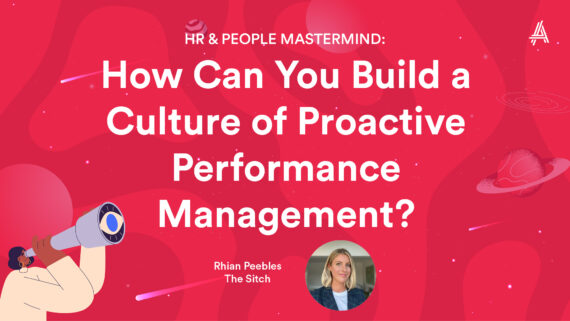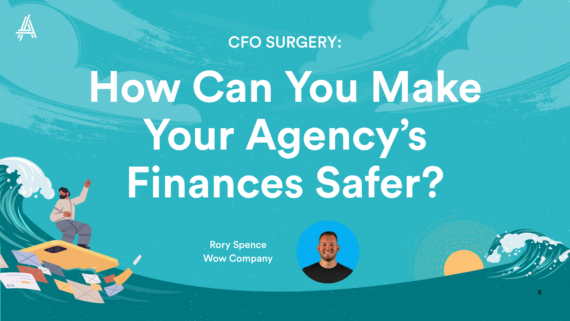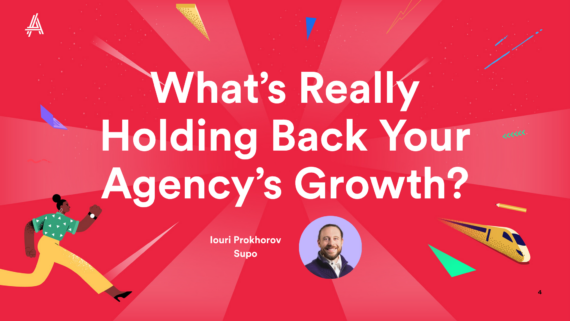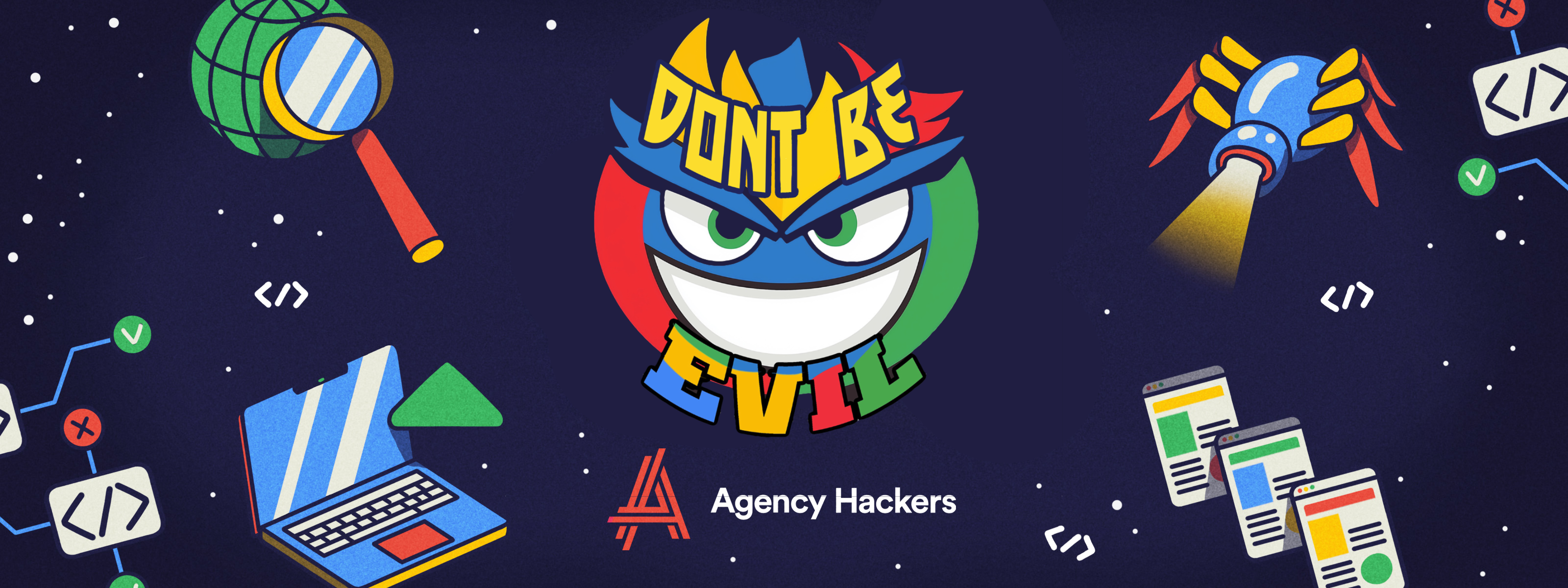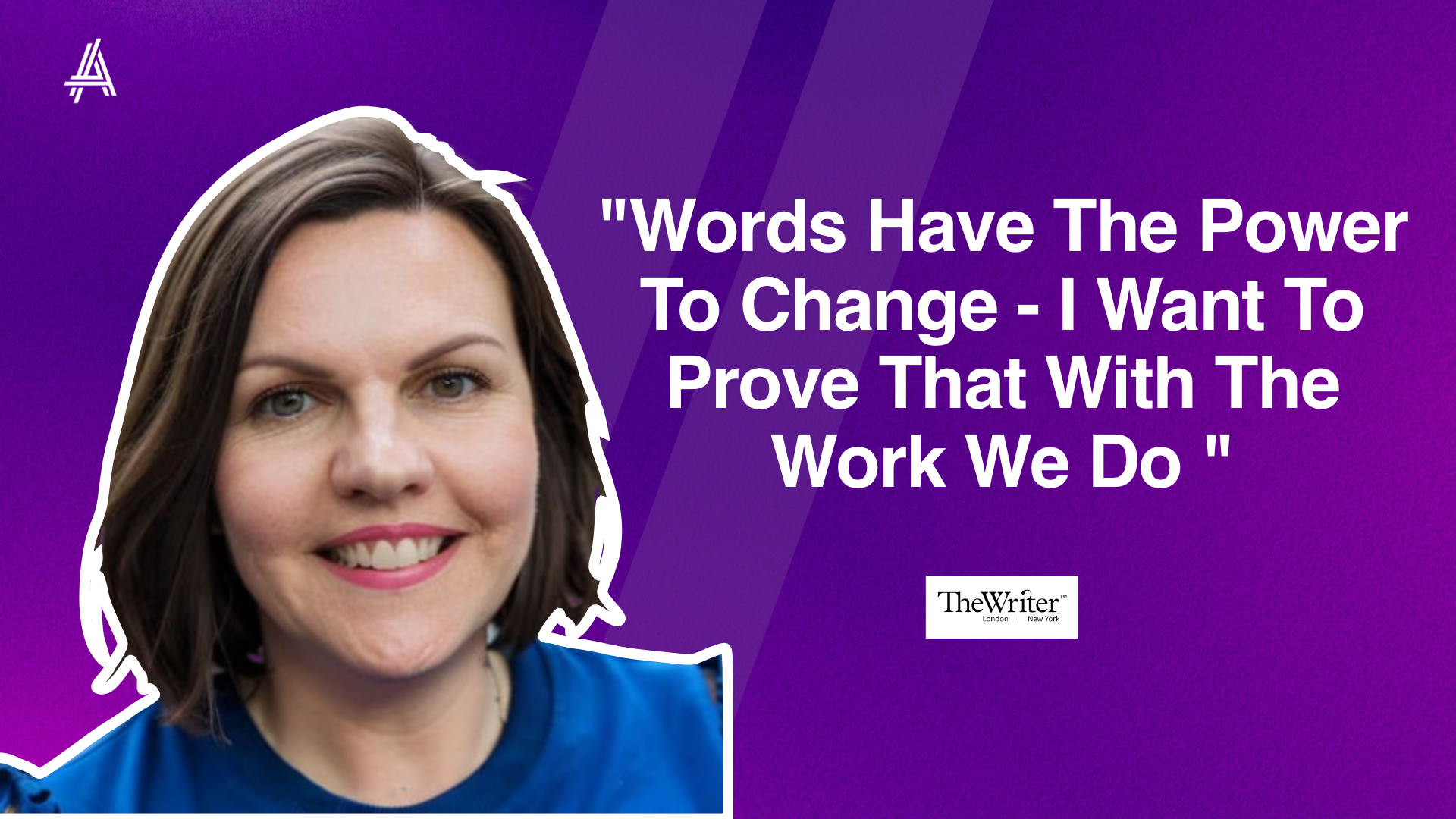Brighton’s ASquared, steered by Chief Executive Ant Stonham and Agency Director Nick Kuh, has drastically pivoted in recent years. Facing challenges like Brexit and the pandemic, the originally tech-centric agency realised competing on price just wasn’t sustainable.
Their solution? A bold shift towards people, planet, and then profit.
Rather than getting lost in competitive noise, ASquared has carved a unique space for itself, emphasising projects that bring societal and environmental benefits.
Despite the hurdles, Stonham and Kuh remain unwavering. For ASquared, it’s clear: purpose isn’t just a buzzword; it’s their blueprint for success.
Ant Stonham and Nick Kuh have now opened up about their experience in ‘fighting the good fight’ and their insights into how they started and how it’s going
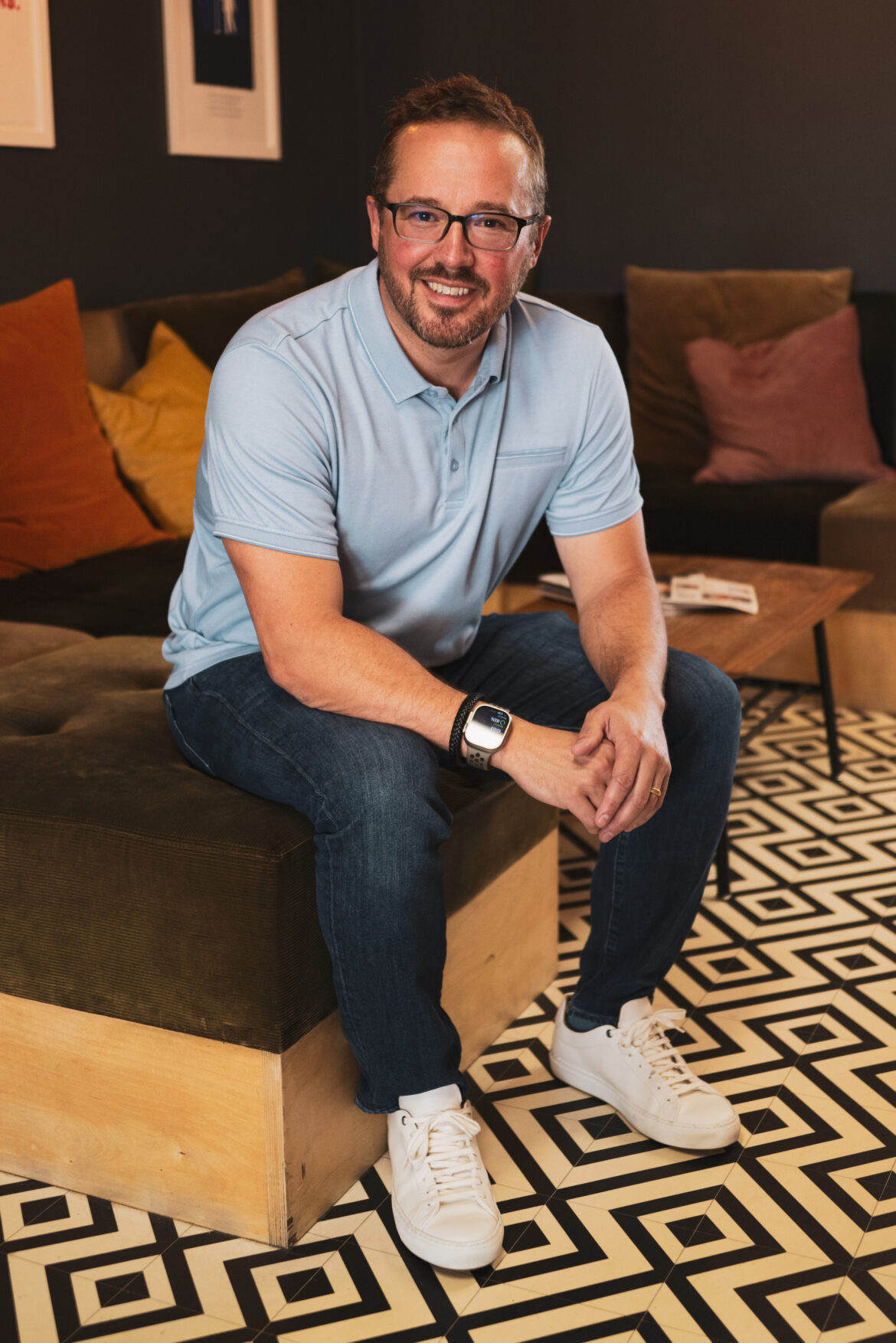
Talk to us about that last few years, what a ride, huh?
Ant: It’s been wild, but kind of wonderful. In its current format, albeit on a very small scale, ASquared was founded in 2017 and we enjoyed an amazing few years of doubling our growth year on year. Then obviously, we were hit by black swan event after black swan event and we had to navigate some pretty rough waters! It was a totally turbulent few years for us, but it honestly allowed us – or pushed us – to make some really fundamental, risky changes which we’d never look back from now.
Nick: Absolutely, the last few years have had a really big impact on us. Initially because of Brexit, then Covid and of course more recently and tragically, the war in Ukraine, there’s been so much worry within our client base and a real decline in the availability of resources due to a totally disrupted talent pool. So a while ago we started getting the hint that a step change was coming, because we were increasingly less able to compete on price, and really there were going to be no winners if that situation continued.
Ant: That really felt like we needed to find our purpose because we were losing our way in the flood of competition of similar messaging. It made us realise that we needed to sharpen up our value proposition and then double down on what it was that did actually set us apart. We were very tech centric before, and were getting pressured into delivering increasingly faster and cheaper MVPs. Coupled with the fact that for a short while, overly hiked salaries in Silicon Valley had an allure which put pressure on us. We knew that wasn’t sustainable and we had to find a way through it. In order to keep our prices affordable, we needed to improve our core employee value proposition.
Nick: Yeah, we needed to make sure that ASquared was a great place to work, and that we were working on great projects, too. But to get there, we had to make some pretty scary decisions in order to prioritise people, planet and then profit.
I think it’s fair to say that in the early days of the agency, we were trying to run before we could walk so we had to go back and kind of undo a lot of things we’d put in place
Nick Kuh
How did you reach the decision to prioritise people, planet and then profit?
Ant: Traditional markets were really closing up and it was a scary time for a lot of people, and we knew we had to innovate really hard if we wanted to still be here. We did a lot of thinking and we worked out that we needed to absolutely invest in our team and in our clients and truly put people at the heart of what we do. We sit on our team’s side and our client’s side of the table every day and constantly ask ourselves, ‘what more can we do?’ – to look after our people, society, the environment and our clients. And it just felt right to make this huge change.
Nick: I think it’s fair to say that in the early days of the agency, we were trying to run before we could walk so we had to go back and kind of undo a lot of things we’d put in place. That was tough, starting to unravel work that you knew had to be redone in some form. First we looked at our hierarchy and a massive change we made was to flatten our structure. So nowadays we have no line managers in our delivery team, we still have mids, seniors and leads but we focus on mentoring instead. We cap our billable hour capacity a lot lower than many other agencies, and we also reserve half a day every week, for everyone, for professional development. We also get our delivery team involved pre-sales so our clients know who they’re working with and we achieve whole team alignment. We sell trust, but then we deliver on it too.
Ant: Absolutely. And actually that’s where our Impact Accelerator programme came from. By putting ourselves on the other side of the table so to speak, and wanting to work with awesome start-ups, where we didn’t want our ticket size to be a turnaway. So we pulled together an innovative accelerator programme, purely for impact-driven entrepreneurs where we end up giving away a significant amount of funding to help kick-start their project. We have other initiatives as well, but this one was really born from the desire to help early stage founders get the traction they need to solidify their potential to make some really great change in the world.
How did you put impact at the heart of your business? And what was accepting the commercial reality of doing so like?
Ant: We started our b corp journey, and we genuinely began walking away from active and prospective clients that weren’t contributing to social or environmental causes. We feel really strongly that by attracting the right clients we’ll also be able to attract the right recruits, which helps us really be driven by impact at our core. We map our projects against the UN SDGs to measure the vicarious impact that we’ve had through customers, users and employees, too.
Nick: This has actually led us to hiring more juniors, not necessarily intentionally but because we met some really awesome, hungry and humble people who absolutely aligned with our values. Covid, I think, contributed to quite a toxic culture within our industry which was amplified afterwards and we had to make some big decisions, spend good money and focus on making a really stable and solid platform for growth. Changing our hiring profile, and favouring ‘t-shaped people’ (who specialise in one area but who also have the desire and ability to add value across multiple areas) has hugely benefited us.
Ant: In the moment of huge adversity, we basically chose to spend more than ever on our team and become less profitable! We looked hard at the design end of what we do, and not just on the technical features. We worked out that for every £1 a client spent in the design phase, we could save them £10 in the build phase. It meant a complete flip-change in our positioning, our messaging and in our ways of working too. Naturally, this meant that some clients weren’t open to coming on the journey with us, and furthermore we actually became quite choosy about who we would work with and which projects we’d take on. Our clear focus on purpose and impact-driven projects took centre stage and we implemented a clear set of criteria that we made decisions against. This came with its own challenges of course, because our team had the ability – and permission – to question everything.
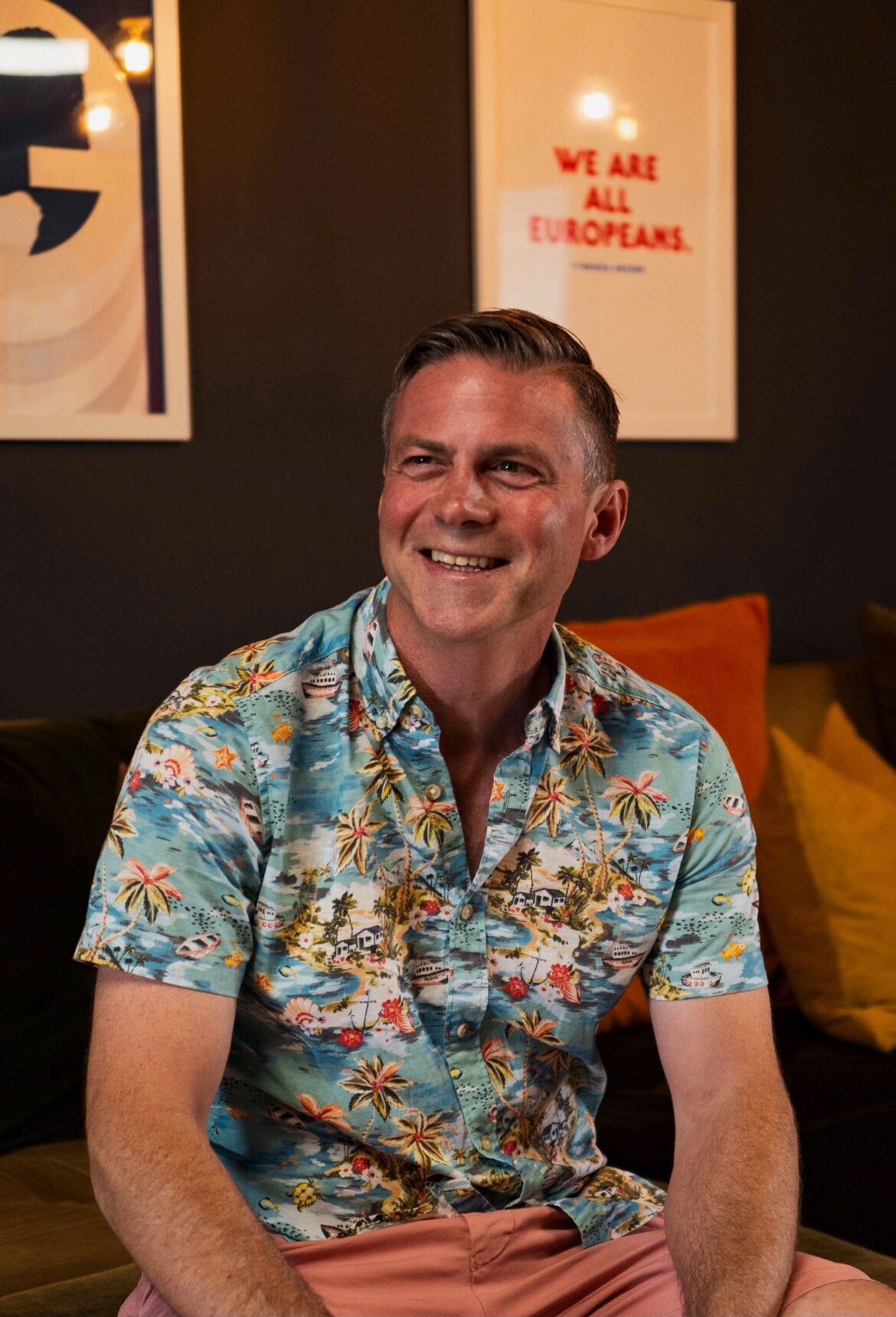
What if doubling down to embed purpose still isn’t enough?
Ant: It definitely takes more commitment than it initially feels to look far enough ahead to be able to see the light at the end of the tunnel. We’ve been busy exploring quantifiable ways to actually measure our impact against a set of causes, so that we are supporting an array of companies within our focus areas and to ensure we’re measuring the value of our time, too. Until we can truly measure it deep down, and from the very heart of our company, we made the decision not to include very much of it at all in our promotions, or our website, or our creds decks etc. We feel really strongly about that.
Nick: One of our main drivers, and really our North Star metric now is to deliver five-star products for our clients, as measured through the eyes of their own customers! And the other is to become long-term partners with them, which is easy to say, and difficult to achieve. We want to create seriously good solutions which users shout about, so we obsess about delivery. Our team themselves choose to be more accountable and available for our clients because they are good people and we’ve built that relationship from the get-go. There’s no hiding away here, and we absolutely empower, champion and support each other. We’ve got a canny knack of over-complicating things so we’ve actively simplified everything, from our pricing model to streamlining our individual team members’ objectives. Ultimately, we’ve got more happy clients, and much more retained business.
Ant: We’ve done a lot of charity work too, basically loss-leading work, because it’s enabled us to work with some absolutely awesome people on projects that we’re really passionate about. Obviously we can’t do that every time! We don’t have external investment, so of course there needs to be a balance in the clients and projects we work with, which fuel us and allow us to be more selective. Essentially we’ve raised the bar. Obviously clients with impact at their core or who are offsetting in some way are a yes, and anyone, whether through real fact, or just controversial opinion who contradicts this is a no. And neutrals are normally a yes.
Why we’d never look back…
Ant: It really was a huge risk, I mean we knew we needed to make substantial changes and innovate hard, but we also knew it wasn’t going to be a short term fix. It got pretty confronting in the last quarter of last year and things were looking a bit real at times. You have to have a really high level of belief to stay laser focused on your purpose, especially when things aren’t really going your way. We have stuck by our integrity to the cause, which at times has been detrimental to us and I would always say, no matter what the numbers say, keep fighting the good fight.
Nick: Exactly. We’re now in a really enviable position, and we recognise that, where we can be a bit selective about who we work with and what we work on, for the right reasons. All the hard work around purpose and our strategy and vision also absolutely led to us winning the brilliant Surfers Against Sewage project we’ve just executed, because of the impact alignment. And we’ve got a whole ton of others in the mix, like Bing and Acamar Films, conversations with youth development charities and elite athletes like Jessica Ennis-Hill, Tom Pidcock and Bianca Williams.
Ant: It’s awesome how fun it is to be surrounded by the right people with the right values, and be given the opportunity to work with amazing clients, and see the excitement coming from the team as a result. We have a lot of fun sharing the celebrations because they feel even better than they used to, and ASquared is definitely a good place to be right now. Sometimes you don’t get a choice to truly prioritise purpose, but we did, and we’d never look back.
Does ASquared’s story resonate with you and your agency? Let us know, we would love to hear what you think!
If you would like to share your agency journey or give insight into the inner workings of your team, give us a shout at [email protected].

Join 3,000+ agencies
Get the Agency Hackers Newsletter, and read candid stories from other agency leaders.
Upcoming events

Join 3,000+ agencies
Get the Agency Hackers Newsletter, and read candid stories from other agency leaders.


